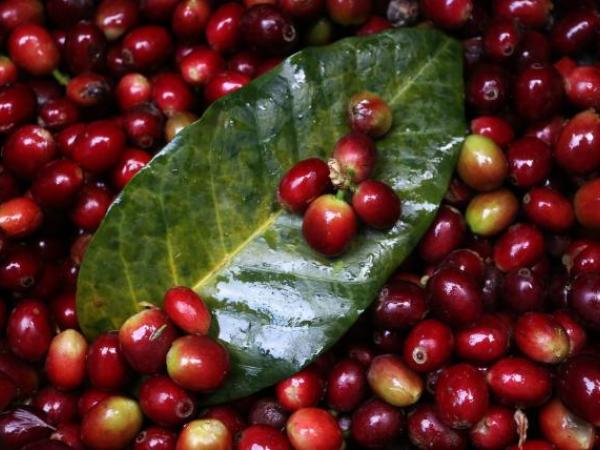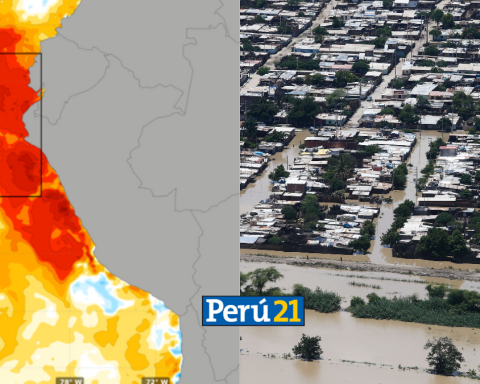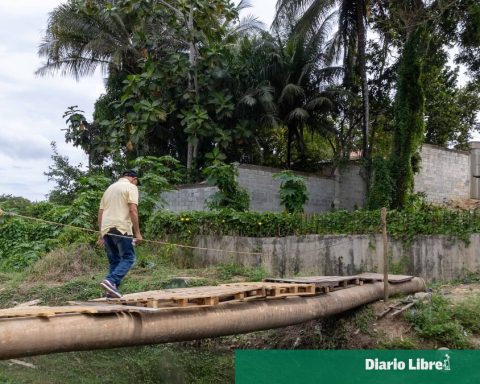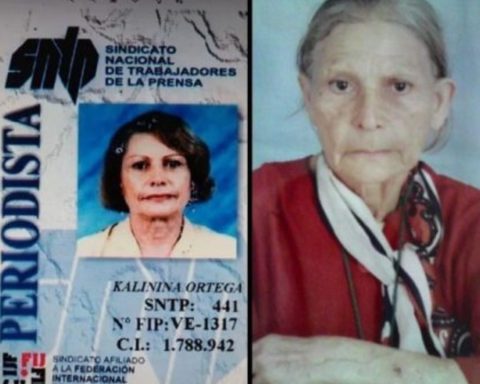Colombia is a country with an agricultural vocation and coffee crops are one of the most important for the nation. The different situations, whether due to weather and fertilizer prices, have caused the coffee sector to present different challenges.
Roberto Vélez Vallejo, general manager of the National Federation of Coffee Growers (FNC)explained how the sector is doing and its closure plans for 2022.
(The strategy to promote tourism in Huila with ‘Coffee Route’).
What is the balance of coffee in Colombia?
The balance is good this year, international prices have helped offset a little the drop in production that has been caused as a result of the ‘La Niña’ phenomenon. The good prices will make the coffee harvest profitable for producers who have had to face higher fertilizer prices, higher harvesting costs and rising inflation.
Why is production going down in the country?
The main reason is climatic. It is already 27 months in a row where our records show that the amount of monthly rainfall exceeds the historical average, that is to say that each month it rains more than it traditionally rains.
In addition, the cloudiness does not allow the sun to enter and the trees to acquire the capacity known as thermal degrees, which refers to the biological expression of production. This phenomenon seems to last until December and January of next year, when the meteorological agencies are already beginning to show a change in the climate.
How is the National Coffee Fund and the Price Stabilization Fund doing?
The National Coffee Fund comes with its normal activity with assets of over US$300 million, which are used to guarantee the purchase, making a presence in the 500 points where the coffee growers’ cooperatives are located.
As for the Price Stabilization Fund, coffee growers continue to participate with almost $25,000 million each year. Even the Fund is very close to having $270 billion that we haven’t needed yet because domestic prices exceed production costs.
(The products that have become more expensive in the family basket).
It is said that the coffee sector is the one that receives the most resources from agriculture…
Although coffee growing in times of crisis has received support from the National Government, it is also good to say that one has to understand that the economic conditions of the pandemic meant that the governments did not have the resources, but the support in subsidies, the promotion of the renewal that is the only thing that we have left in the last two or three years has been zero. The little support that we have been able to give is to the National Coffee Fund, but not money directly from the National Government.
The weekend Colombia Expo Café was held in Corferias.
For what purpose is it done?
This is the annual meeting and now the reunion after the pandemic of Colombian coffee growers with their specialty coffee fair. It has become the largest fair in Latin America, today we have more than 104 stands at the fair where there are all kinds of coffees from all regions, machinery, new ventures, among other things. It is our internal and external showcase to show the world that we have something in Colombia that is not just one thing and finally, coffee is coffee and Colombia is a multiplicity of flavors that are found throughout the coffee geography.
How many producers does the Federation now have?
The number of coffee-growing families amounts to a little more than 540,000, in 20 departments of Colombia.
The estimated harvest in Brazil will vary between 50.4 and 61.1 million bags. How does this benefit or affect Colombia?
The differences are abysmal. That number of bags between the lower and upper coast is almost a crop of Colombia. But, we believe that the harvest is going to be between 53 and 55 million bags, that leaves the world still in a very precarious balance between what is going to be supply and demand and thus things, price levels should not vary in the short term.
How is consumption?
We have several doubts about what is going to happen in the world with high inflation and few prospects for economic growth. And in Colombia the per capita consumption is at least 2.2 kilos, which gives a little more than 2 million bags.
How does inflation affect them?
On the part of the regular consumer who buys goods and services, he no longer has the capacity because he begins to reduce his purchases, not only of coffee, but of everything.
Also in terms of inputs that have been increasing as in the case of fertilizers and pesticides.
Among others, the fact of having to make a more expensive market gives producing families less purchasing power.
And regarding the price of the dollar…
Coffee is still one of the many export sectors, almost 90% of the coffee we collect is exported and better prices for export raw material would have some type of exchange that helps keep the domestic price at levels has been, which is a fairly remunerative rate for the producer.
How do you expect to close 2022?
We expect to close this year with some 12 million bags of production and something like the order of 11 million bags for exports.
In addition, with a coffee harvest for the cost of $14 billion, a record value in history and exports very close to US$3,600 million, also a record in history.
Diana K. Rodriguez T.
BRIEFCASE


















